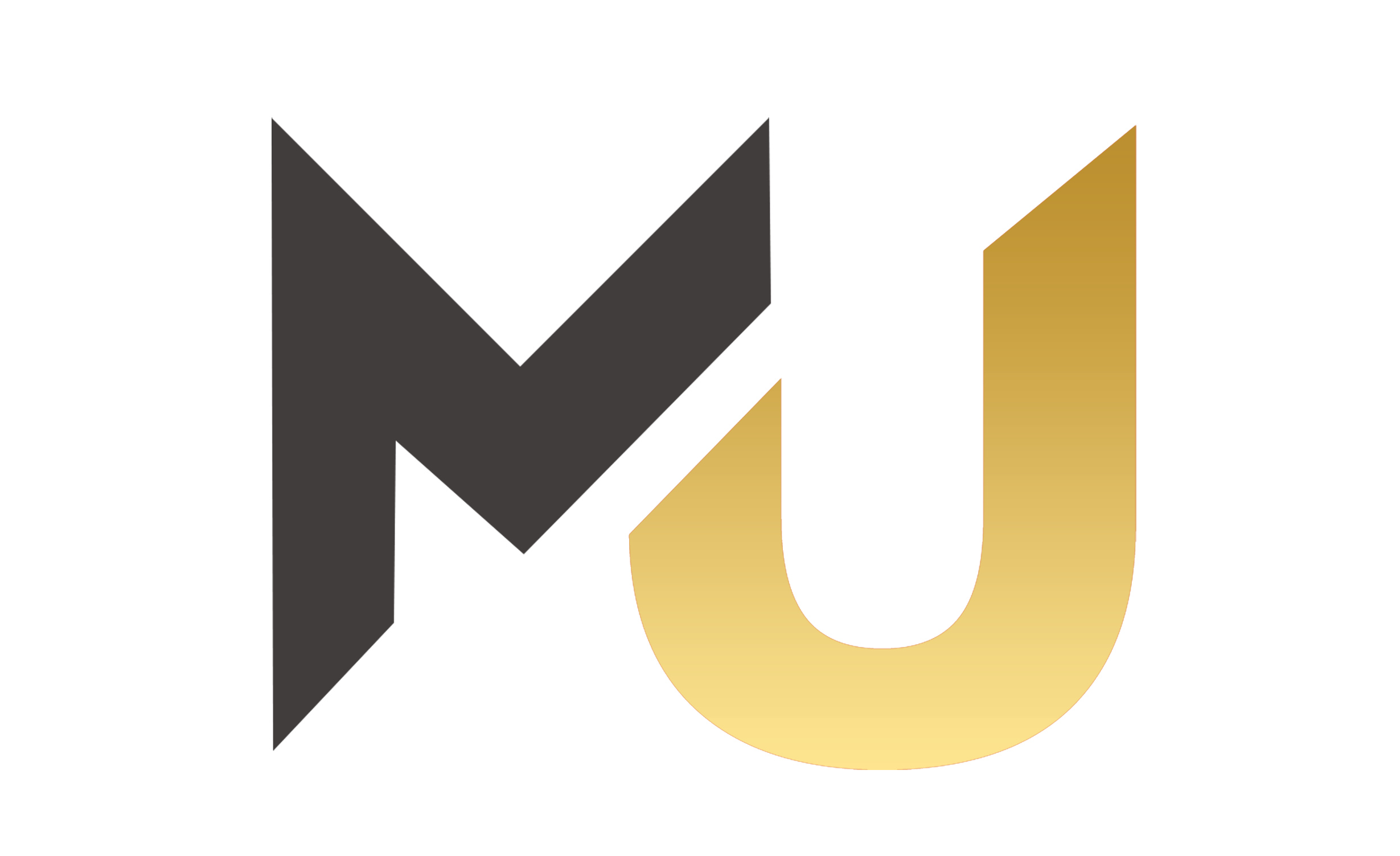BAIC, short for Beijing Automotive Industry Corp., is a Chinese state-owned automobile manufacturer, and joined forces with the Industrial Development Corporation (IDC) to create BAIC South Africa in 2016.
As per the agreement, BAIC holds a 65% stake in the local division while the IDC owns the remaining 35%.
A factory was then opened in 2018, and Chinese President Xi Jinping and South Africa’s Cyril Ramaphosa were in attendance.
Found at the Coega Special Economic Zone in Gqeberha, the project was China’s most significant investment outside Europe.
The R11 billion plant had a vehicle assembly line, press shop, paint shop, body shop, administrative offices, and a neighbouring supplier park for component manufacturers to support production.
Despite the growing popularity of Chinese automakers in South Africa, specifically GWM and Chery, the BAIC factory has struggled with production since its launch.
In 2024, City Press said that the plant had only assembled 300 units in six years. All other targets were also missed. For context, the Ford Silverton plant in Pretoria produces over 700 bakkies daily.
BAIC aimed to produce between 40,000 and 50,000 vehicles a year for local and export markets, which would have created 3,000 jobs by the end of 2022.
The company attributed the poor performance to labour disputes, the Covid-19 pandemic, and supplier troubles.
The company also noted that the South African market is too small to support the full operation of the plant, with the company needing to grow its brand and market share.
BAIC South Africa also did not benefit from the government’s incentives of the Automotive Production and Development Programme (APDP), which allows rebates and subsidies.
Production at the factory started with the D20 and then the X25, but both models were discontinued.
The X55 was then introduced and proved popular with the local market, scooping car of the year awards.
 English
English










